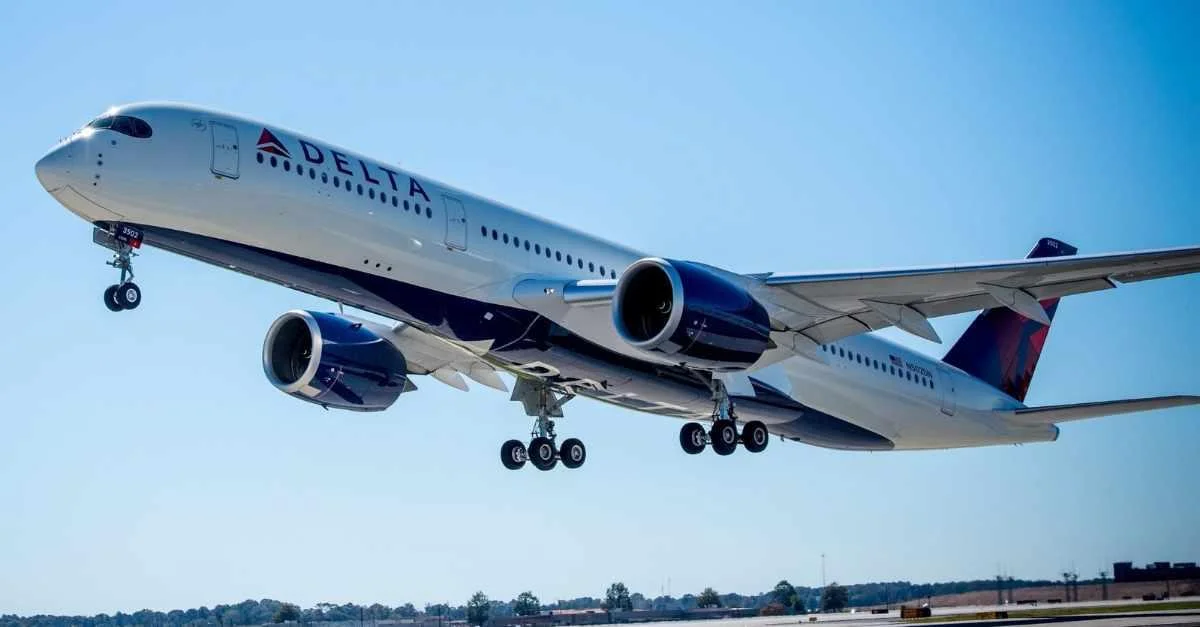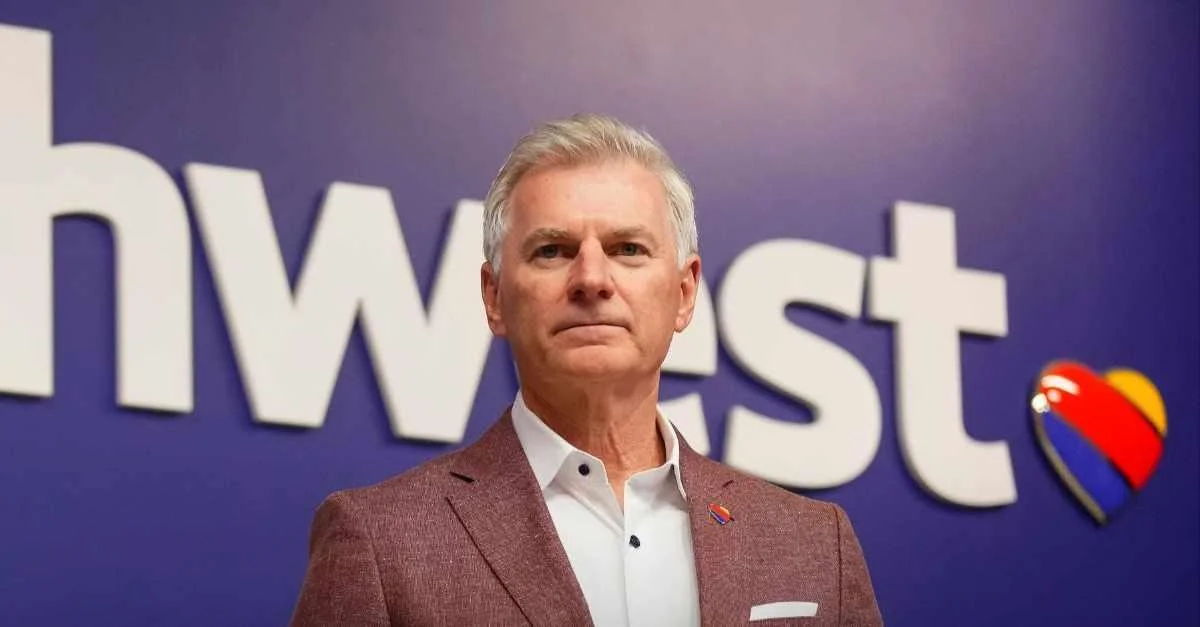The Dassault Falcon 2000 is a twin-engine business jet known for its performance and luxury. With a range of 3,350 nautical miles and capacity for up to 19 passengers, it is favored by corporate leaders worldwide. For Ratan Tata, it represented both his love for aviation and a tool for global business operations.
Beyond personal interests, the Tata family has played a significant role in India's aviation industry since JRD Tata founded Tata Airlines in 1932. This airline evolved into Air India before nationalization in 1953. The group returned to commercial aviation with AirAsia India in 2013 and Vistara in partnership with Singapore Airlines in 2015.
In 2021, the Tata Group regained control of Air India after nearly seven decades. Their involvement extends into aerospace manufacturing through collaborations with companies like Boeing and Lockheed Martin under Tata Advanced Systems Limited (TASL).
TASL has been crucial in supporting India's defense sector by producing aircraft components domestically. Their partnerships aim to boost India's self-reliance in aerospace technologies.
As India's aviation market grows, the Tata Group is poised to lead advancements within aerospace and defense sectors through integrated operations that leverage their diverse capabilities.
Ratan Tata's legacy continues to inspire within both commercial and private aviation realms. His influence endures as the Tata Group remains a key player on the global stage while maintaining strong ties to India's burgeoning aerospace industry.
 Alerts Sign-up
Alerts Sign-up




















